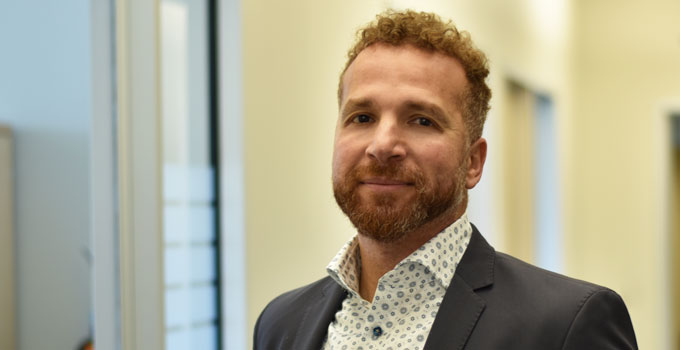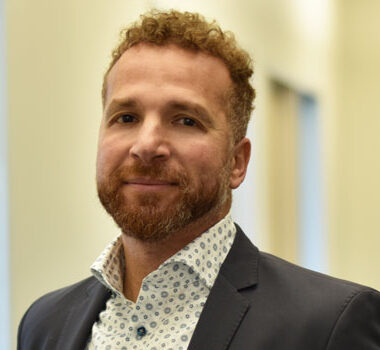
Since 2008, the Canadian Partnership for Tomorrow Project (CPTP) has collected health data and biological samples from more than 300,000 volunteer participants across Canada. Now that its primary data collection phase has concluded, the Project is sharing this data with qualified researchers to help uncover the factors behind cancer and other diseases. It was recently announced that OICR’s Dr. Philip Awadalla will serve as the Project’s National Scientific Director and that OICR will host the Project’s national database and other scientific activities. We sat down with Awadalla to learn more about his vision for CPTP’s future.
OICR has been involved with CPTP for many years. Why was it important for OICR to continue its involvement into the research phase?
As we move out of operational phases towards a more scientific agenda, we need to ensure that a primary focus remains on using the cohort for cancer-specific research. Furthermore, OICR’s informatics group has always been the home of the national data, making the Institute a natural choice to host the data in this new phase.
How do you see CPTP evolving as it moves from being primarily about data collection towards becoming an active scientific platform?
We are expecting greater scientific utilization by the research community. With that comes the return of new data and results generated by researchers using data or biological samples, for example genomic data. At the same time, the program will work to enhance the longitudinal nature of the data by conducting additional surveys with participants in the coming years.
How will CPTP compare to other international cohorts like All of Us in the US and the UK Biobank?
We are on par with these programs in terms of scope and scale. At the same time, we actively ensure that we collect data and biologics to address unique questions. We want to ensure we have the data needed to research questions that support Canadian precision health research.
CPTP’s success in its first phase required excellent collaboration between the five regional cohorts. How important is collaboration between regional cohorts and other groups as CPTP moves into this scientific phase?
The cohort continues to grow to include more provinces and potentially new territories, including a strategic investment from one of our national funders to support aboriginal health research. All of these activities will include pan-Canadian collaborations and the sharing of our current resources, which means there will be even more collaboration as the Project progresses.
You have been the Principal Investigator of both CARTaGENE and the Ontario Health Study. What about those experiences will help guide your work as Scientific Director of the CPTP?
Being a regional PI has provided my teams and me with experience around the challenges facing different regions, administratively and operationally. This has helped inform us about data issues associated with geography, culture and languages. It’s also been a lot of fun to collaborate with a number of external researchers through the CPTP program. Across Canada the entire CPTP works together to be stronger together. I look forward to working with my colleagues in the regional cohorts to build a scientific vision for CPTP and realize the impact this wealth of data will have on human health.
What are some of the big questions you hope CPTP data can help scientists answer?
One of the big questions (and potential answers) is whether the data we have collected, and will collect, can better identify risk factors or biomarkers that can prevent cancer before it develops or evolves. We hope researchers will use the depth of individual as well as population-level information to explore these questions to help better prevent many forms of cancer early on – and help keep more people from being diagnosed with cancer in the first place.
Dr. Awadalla is Director of Computational Biology and a Senior Investigator at OICR, as well as Program Director at the Ontario Health Study, a Director at the Canadian Data Integration Centre and a Professor in the Department of Molecular Genetics at the University of Toronto.

